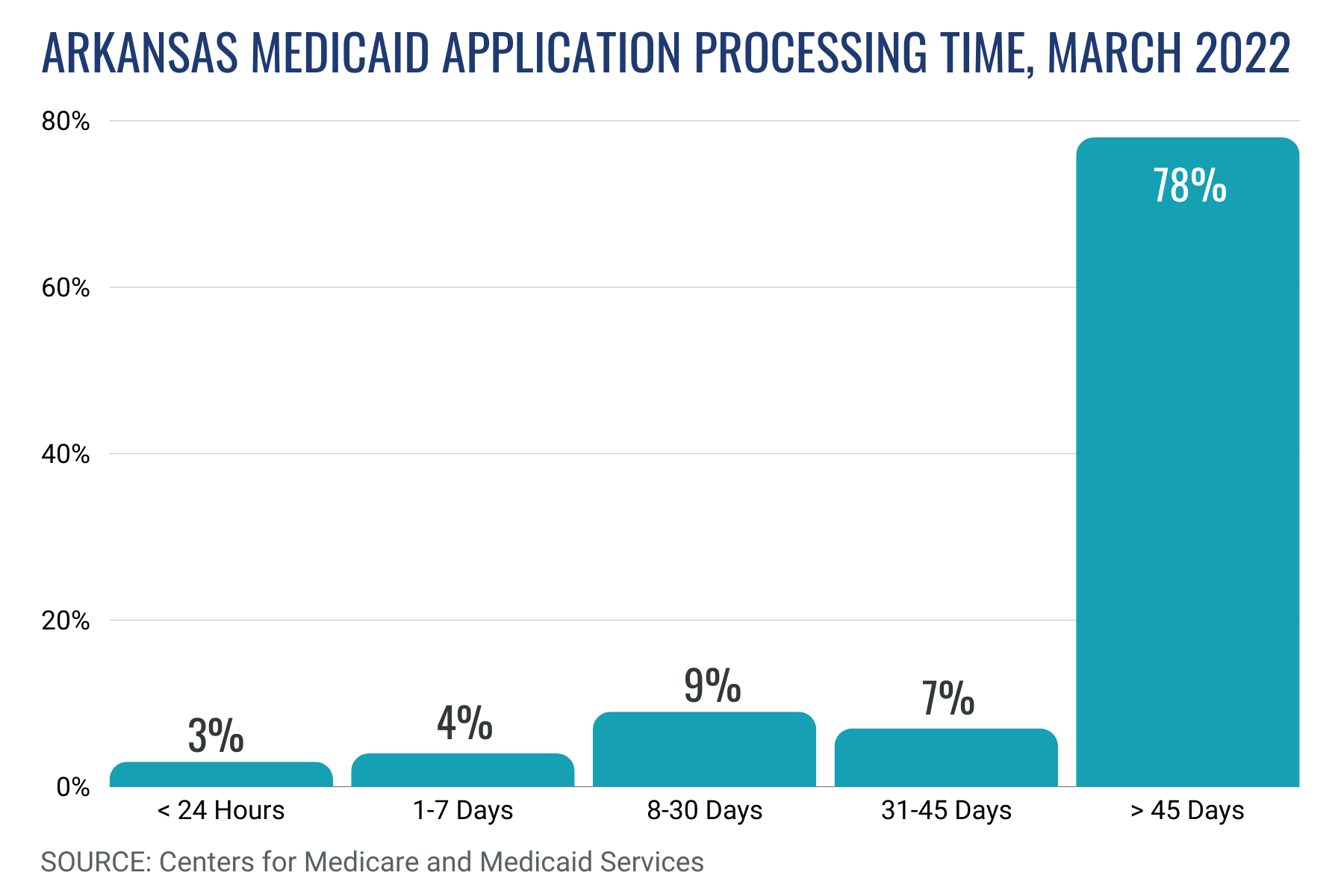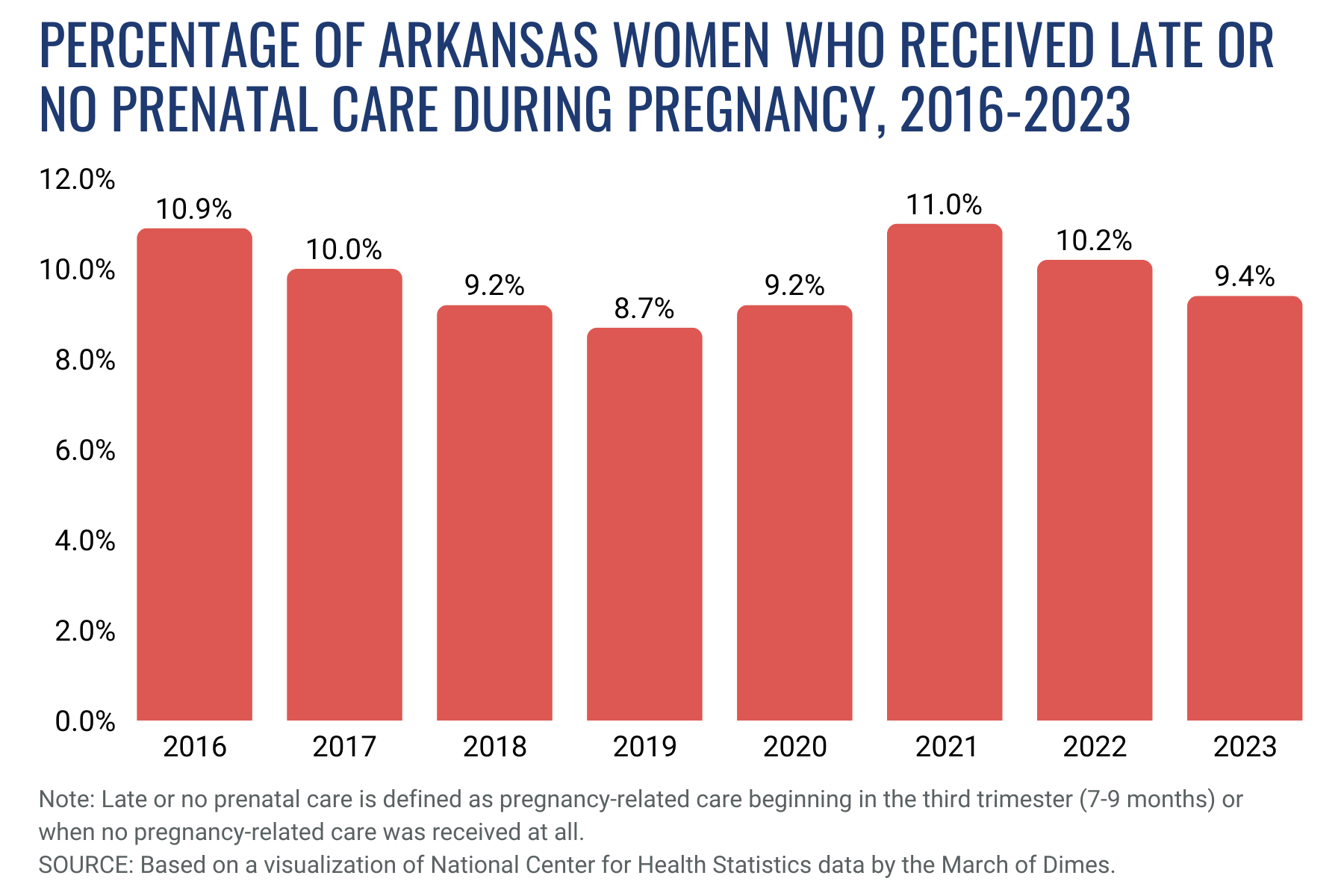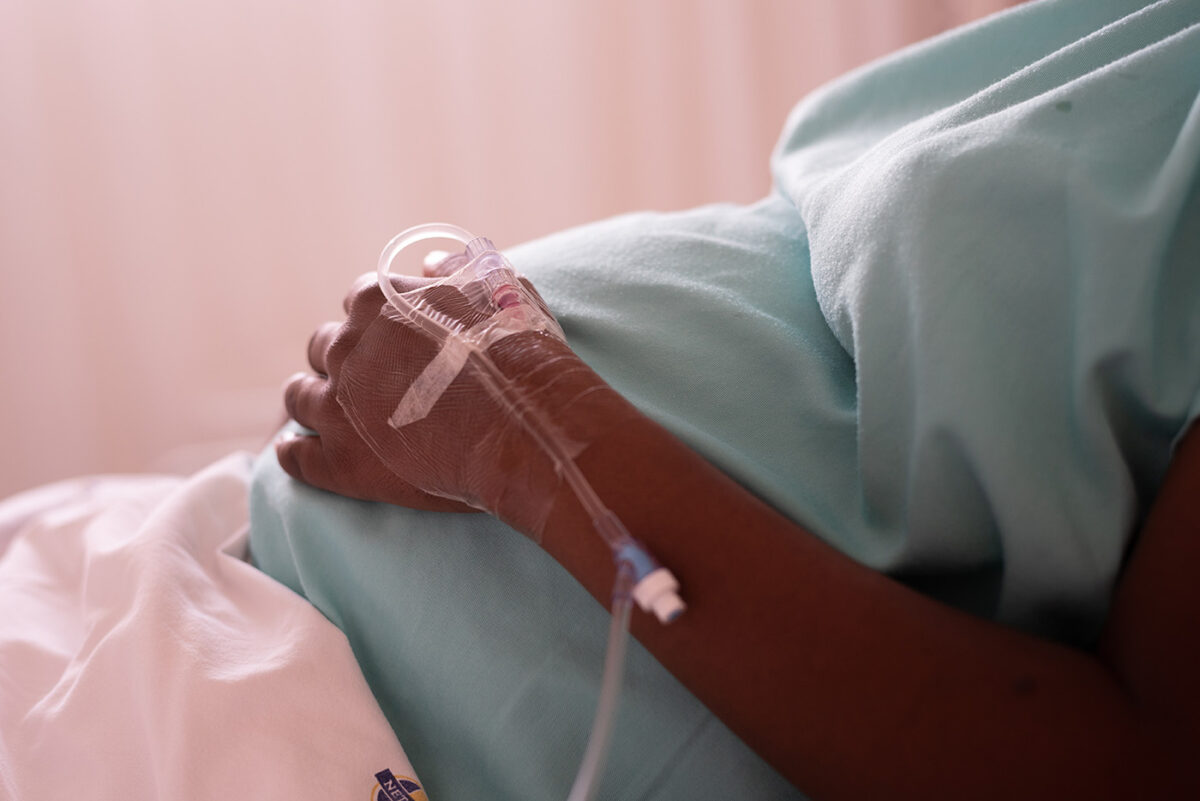
Author
John Lyon
Strategic Communications Manager
Contact
ACHI Communications
501-526-2244
jlyon@achi.net
A panel formed by Gov. Sarah Huckabee Sanders to address maternal and infant health in Arkansas has recommended, among other things, that the state implement “presumptive eligibility” for pregnant women.
This policy would allow pregnant women to receive temporary coverage while their Medicaid eligibility application is being processed, thereby removing one barrier to beginning prenatal health care that some women may face. Presumptive eligibility for pregnant women has been adopted by at least 29 states and the District of Columbia and is proposed in two bills recently pre-filed in advance of the 2025 regular session of the Arkansas General Assembly.
Both House Bill 1009 by Rep. Andrew Collins and House Bill 1047 by Rep. Aaron Pilkington would authorize the state Medicaid program to designate qualified entities such as healthcare providers, community-based organizations, or schools to enroll pregnant women in pregnancy Medicaid under presumptive eligibility. Because Medicaid is a joint state and federal program, the federal Centers for Medicare and Medicaid Services would have to approve the state’s request for the policy change.
How Presumptive Eligibility Could Improve Maternal and Infant Health
Allowing pregnant Arkansas women to be immediately enrolled in pregnancy Medicaid could avoid weeks of waiting for coverage to begin. A 2022 report by the Centers for Medicare and Medicaid Services found that out of 41 states surveyed, Arkansas has the longest Medicaid eligibility processing time, with most applications requiring 45 days or longer to process.

For the best chance of a healthy pregnancy and delivery, a pregnant woman should begin receiving prenatal care in the first trimester. In Arkansas, however, nearly 1 in 10 women who gave birth in 2023 had received no prenatal care or care that began late, according to the March of Dimes.

Pregnant women in Arkansas can qualify for pregnancy Medicaid coverage if they have household incomes up to 214% of the federal poverty level, equating to a household income of $43,742 for a family of two or $66,768 for a family of four under the current federal poverty guidelines. Arkansas Medicaid coverage in this aid category expires 60 days after the birth of the child — the shortest time limit in the nation — but mothers may be eligible to transition into another type of coverage. Act 161 of 2024 requires Arkansas Medicaid officials to redetermine the eligibility of new mothers and enroll them in the appropriate category of Medicaid, if they qualify, within eight weeks after they give birth.
The Cost of Presumptive Medicaid Eligibility for Pregnant Women
The impact on the Arkansas budget of implementing presumptive eligibility would likely be minimal. Medicaid officials in Mississippi, a state similar in population size to Arkansas, estimated last year that presumptive eligibility would cost that state $567,000 annually; the cost in Arkansas could be lower, because many Arkansas women in households with low incomes are already covered prior to pregnancy by the state’s Medicaid expansion program, Arkansas Health and Opportunity for Me, or ARHOME, whereas Mississippi has not expanded Medicaid.
As the governor’s maternal health panel has acknowledged, reducing Arkansas’s high maternal and infant mortality rates and improving outcomes along the birthing journey will require a variety of approaches, including presumptive eligibility, involving a broad spectrum of stakeholders.
For more on maternal and infant health in Arkansas, see our topic page.






